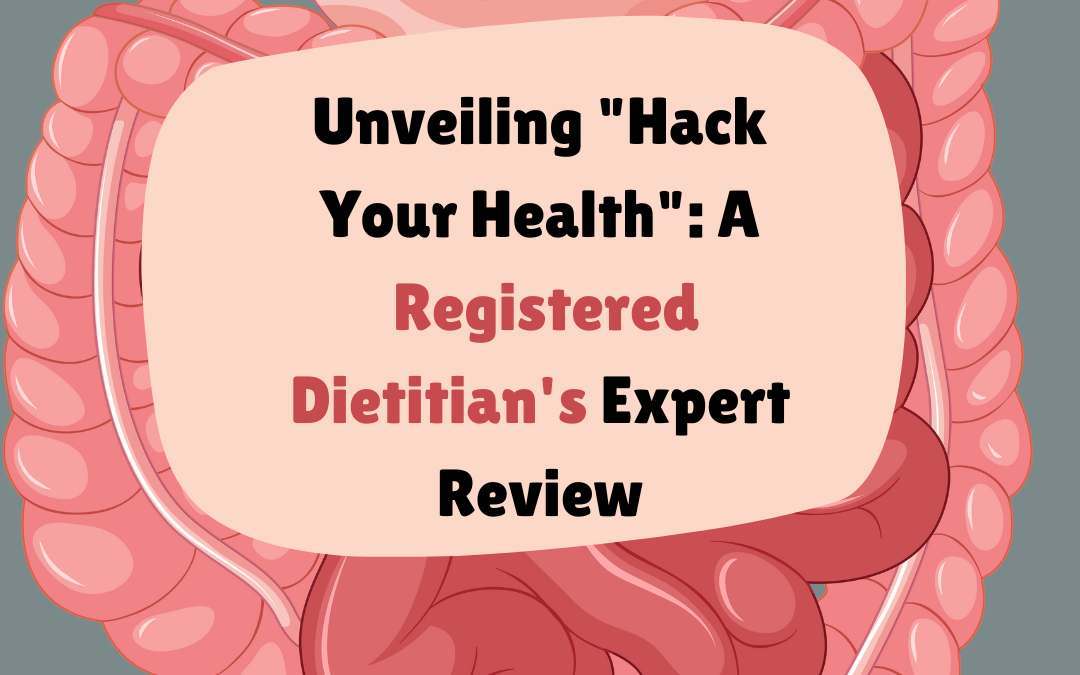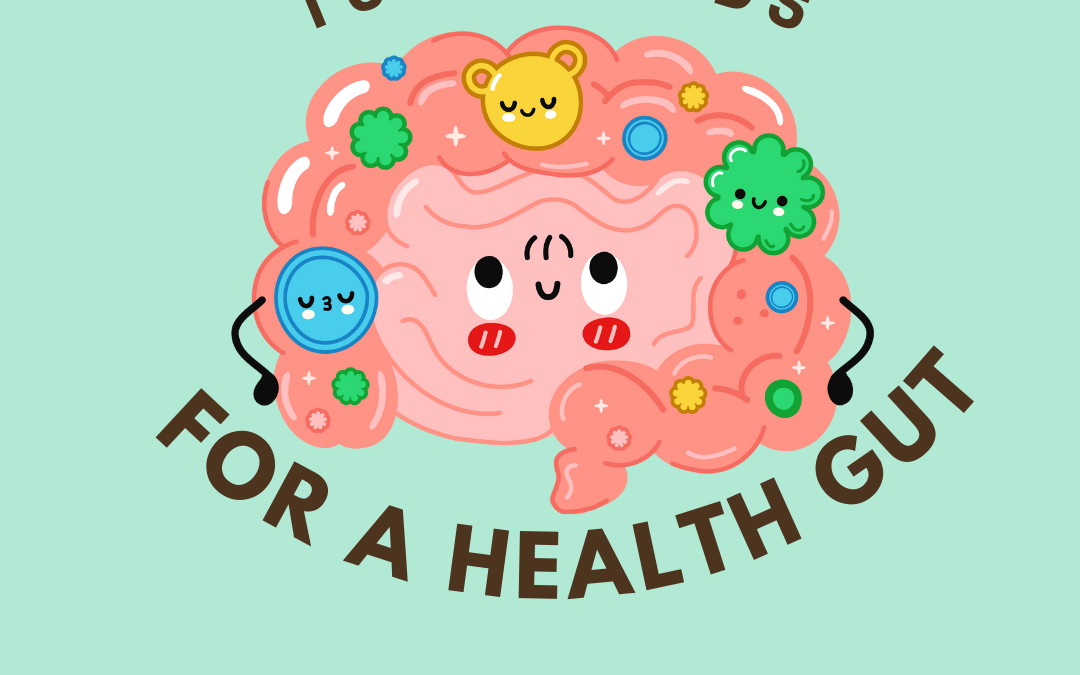As a functional registered dietitian nutritionist and individual who has had high levels of Helicobacter pylori also known as H.pylori, I know the pain it can cause but I also know exactly what to do to put it back in its place!
With the right approach to lifestyle management, it’s possible to reduce the risk of H. pylori infection and foster a healthier gut environment for long-term wellnes. Today, we’ll explore how H. pylori spreads, holistic strategies to minimize its impact, and steps to prevent its recurrence, empowering you to take control of your digestive health naturally.
But first, let’s start with some basics.
What exactly is H.pylori?
H. pylori is a type of bacteria that can infect the stomach lining and is a common cause of peptic ulcers, gastritis and increases the risk of stomach cancer.
However, with many people, the bacteria can live in the stomach without causing any symptoms or complications. The problem arises when the population grows too large or becomes too virulent as it can lead to gastrointestinal issues and associated health problems.
What most people don’t know is how it can spread through contaminated food, water, and direct contact. Because of this, when one family member is told they have H.pylori the rest of the members may continue to share utensils causing the spread of the bacteria unkowing it can spread.
Symptoms to look out for.
The first step in anything is awareness. Because of its ability to easily spread, it’s vital that you understand what symptoms may look like. The top symptoms include:
- Abdominal pain: Persistent or recurrent abdominal pain, typically located in the upper abdomen. This pain may be described as a burning or gnawing sensation and can worsen on an empty stomach or at night.
- Nausea and vomiting: Individuals with high levels of H. pylori may experience nausea and occasional vomiting, especially after meals or when experiencing abdominal discomfort. Because of this weight loss often occurs.
- Bloating and fullness: H. pylori infection can cause bloating and a feeling of fullness in the upper abdomen, even after consuming small amounts of food.
- Loss of appetite and unexpected weight loss: Some individuals with elevated levels of H. pylori may experience a decreased appetite or aversion to certain foods due to stomach discomfort.
- Frequent burping: Excessive burping or belching is a common symptom of H. pylori infection, often accompanied by a foul-smelling breath or taste in the mouth. This is often a first symptom my clients report feeling.
- Heartburn and acid reflux: H. pylori infection can contribute to the development or exacerbation of gastroesophageal reflux disease (GERD), leading to symptoms such as heartburn, regurgitation, and chest discomfort.
Now, that we know what to look out for, let’s review holistic approaches to prevent it or reduce it to healthy levels!
Functional Ways to Reduce H. Pylori.
Focusing on gut health is everything! And if you’re my follower, you already know this.
The process of healing looks different for most people as some may come to me with a one time problem and others with a chronic problem.
Either way, we will first want to start by asking “Do you actually have H.pylori and what’s it’s level?”. To do this, we provide a functional stool test to avoid the guesswork and really see if the bacteria is there and what other damage or problems may be occurring in the gut.
After learning about the problem(s) in the gut the registered dietitians nutritionist will create a personalized supplement protocol and lifestyle guide which often starts with a “kill phase” followed by a gut healing phase.
While doing this focusing on gut restoration is a must and these are a few things to consider:
- Meeting daily fiber goals- Fiber serves as a prebiotic, providing nourishment for beneficial gut bacteria. A healthy balance of gut microbiota is crucial for maintaining gastrointestinal health and may help protect against H. pylori colonization.
- Considering which probiotic may be best for you- This is a big one! What most people do not understand is that not all probiotics are made the same. And even if that was the case, the dosage is often key with high levels of H.Pylori. An example, we may start on a high dose probiotic and will determine how many weeks or months is needed of that probiotic and then move to a lower dose and finish with a maintenance dose. For some, the maintenance may simply include consuming fermented food and for others it may include fermented food plus probiotic supplements.
- Antioxidant support- Chronic inflammation is a hallmark of H. pylori infection and can contribute to the development of gastritis, peptic ulcers, and even stomach cancer. Antioxidants possess anti-inflammatory properties, which can help dampen the inflammatory response in the stomach and alleviate symptoms associated with H. pylori infection.
- Stress Management- This is so important and most people seem to push it to the back burner! Stress can affect gastric motility, slowing down digestion and prolonging the amount of time food remains in the stomach. This can create an environment conducive to H. pylori colonization and exacerbate gastrointestinal symptoms. Stress management techniques that promote relaxation and reduce tension can help normalize gastric motility, potentially reducing the risk of H. pylori infection and alleviating associated symptoms.
- Exercise for healthy digestion – Exercise increases blood flow to various organs, including the stomach. Improved circulation to the stomach can promote healing of the gastric mucosa, which may have been damaged by H. pylori infection or associated inflammation. Make sure to aim for at least 6K steps a day in addition to strength training 3-5 times a week.
- Healthy sleep pattern- Another one that is pushed to the back burner but must be prioritized! Adequate sleep is essential for maintaining a robust immune system. During sleep, the body produces cytokines, proteins that help regulate immune responses and fight off infections. Chronic sleep deprivation can weaken the immune system, making the body more susceptible to H. pylori colonization and associated complications. Quality sleep helps regulate inflammatory pathways, reducing the risk of inflammation-related complications.
Ways to Prevent High Levels of H. Pylori.
- Wash those hands – Hygiene will be a top task since H. Pylori is easily spread through contaminated food, water, or contact with infected individuals. Make sure to wash your hands thoroughly with soap and water before eating, after using the restroom, and after handling food.
- Eat More Whole Foods – High intake of processed foods and spicy foods may irritate the stomach lining and increase the risk of gastritis or peptic ulcers, which can provide an environment conducive to H. pylori colonization. Opt for whole, minimally processed foods whenever possible.
- Watch those drinks and.. – Excessive alcohol consumption and tobacco use can increase the risk of gastritis and peptic ulcers, which may facilitate H. pylori infection. Limiting alcohol intake and avoiding tobacco products can help protect the stomach lining and reduce the risk of complications.
- Stay Hydrated – Drink an adequate amount of water throughout the day to support digestion and maintain gastric health. Proper hydration helps prevent dehydration, which can contribute to digestive issues and increase susceptibility to H. pylori infection.
- Daily Rituals– Incorporating holistic practices into daily life. Aim to wake up and drink at least 25 ounces of water upon waking. I like to add apple cider vinegar and may have my clients add fiber (may vary the type). Take a breath and get some sunlight exposure. All of this within the first 30 minutes of waking up. Easing into the day can help reduce stress and thus support a healthy digestive process. Make these changes a habit to ensure sustainability!
Preventing H. Pylori can be simple when ensuring habit creating. However, many times we do all the right things and still find ourselves dealing with these issues.
In those cases, further support may be indicated by a functional registered dietitian that specializes in gut health. If you’re looking for guidance or simply are curious about what your functional stool test would show, let us know!
We love to help people heal their gut and also focus on prevention of maldigestion. If you’re looking for support please email us at narialemirenln@gmail.com or call 6192459336 to schedule a free discovery call to determine if you’re a good fit for out functional gut healing program!




